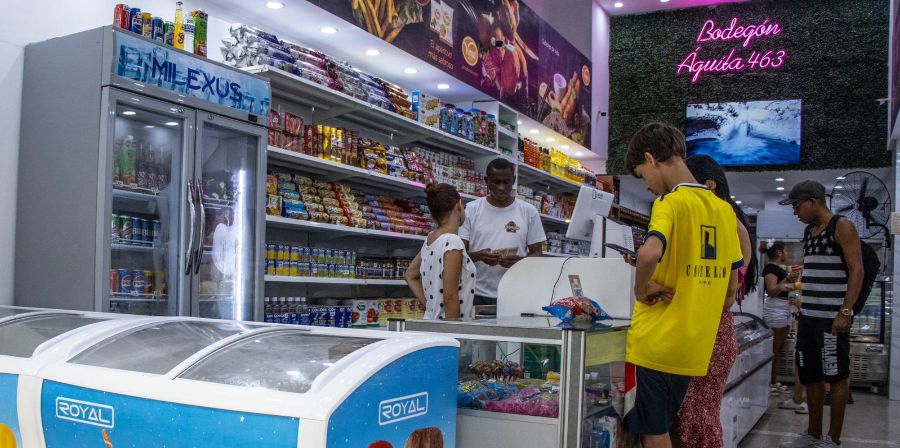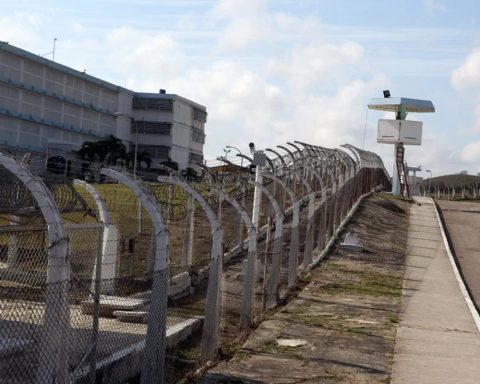AREQUIPA, Peru – The Ministry of Finance and Prices (MFP) in Cuba The government reported that between August 17 and 23, 58 seizures and 773 forced sales were carried out due to “detected violations.” The measures, focused on non-state actors such as MSMEs, are part of what the regime describes as “actions of confrontation” and “popular control.”
The event happened at the stipulated measures in Resolution 225/2024 of the MFP, with which the Castro government capped the prices of several high-demand products in the country’s retail network, made up mainly of MSMEs.
A report from the official newspaper Granma It notes that other administrative actions led to 171 closures of establishments and 197 withdrawals of work projects.
“The reasons were marketing products without displaying prices, not showing the legality of raw materials used in the provision of services, not displaying QR codes for gateways and employing staff who work without the corresponding contract,” the note states.
According to the state press, the “control actions” focused on combating price violations, fiscal control and banking, mainly in relation to the aforementioned regulation.
“This resolution establishes the regulation of maximum retail prices for high-demand products such as cut chicken, cooking oil –except olive oil–, powdered detergent, pasta, sausages and powdered milk, which is mandatory for all economic actors,” the report adds.
Regarding fiscal control actions, the MFP highlights that to date 157,331 control actions have been executed and debts amounting to 2,999,390,000 pesos have been determined. In addition, 49 audits prosecutors with an amount of 58,605,000 pesos.
The regime’s authorities also carried out 2,772 audit actions for an amount of 886,314,000 pesos, and they detail that they reviewed the compliance of 154,510 taxpayers with their obligations, detecting under-declaration in 99,871, who were found to have a debt of 2,054,471,000 pesos.
Since last Monday, July 8, the Cuban Government reactivated the controversial measure of price cap to several basic products, a week after it was temporarily suspended. The resolution is supposedly intended to curb rising inflation on the island.
Those affected, Cubans who live off their salaries, which are not enough to afford basic foodstuffs, said that prices remain high, but since the implementation of the measure, many products have disappeared from private businesses such as SMEs and the State does not guarantee them.















